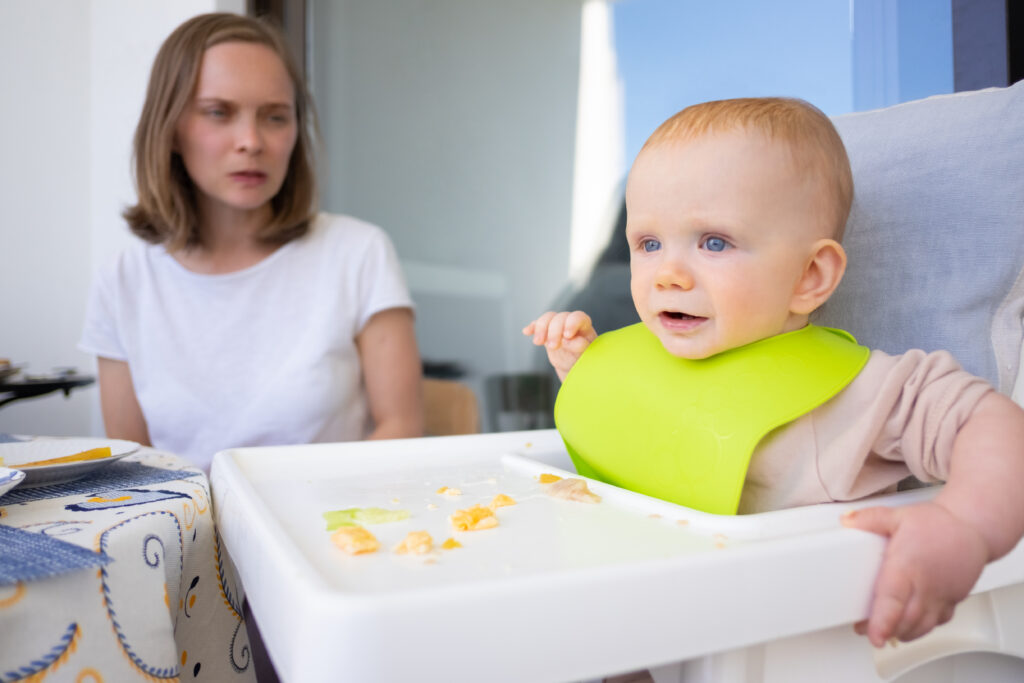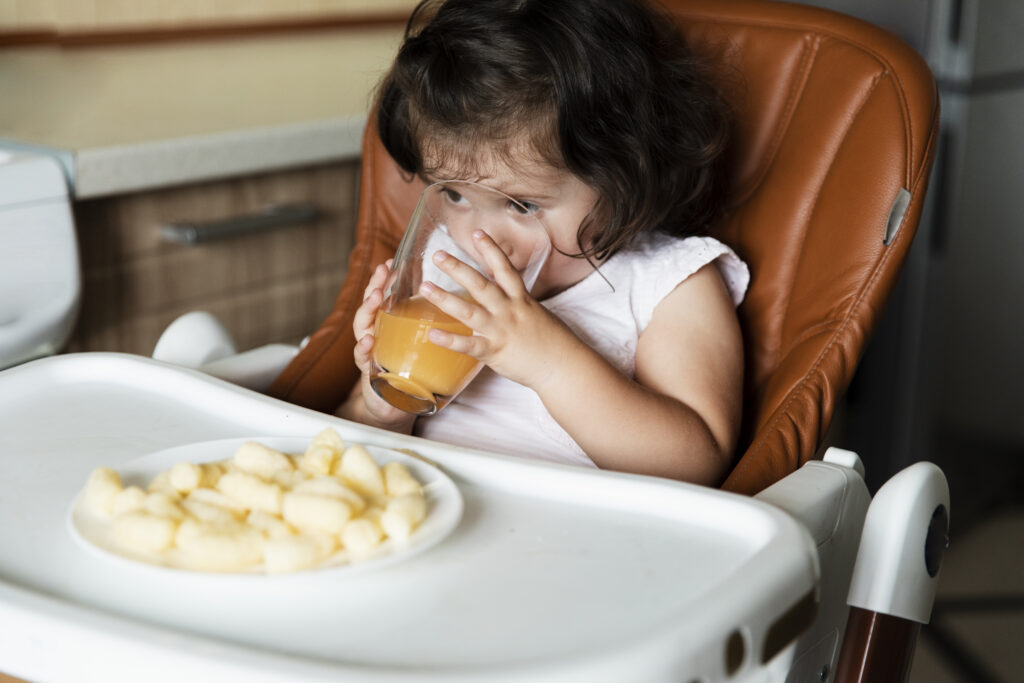
Being a new mom comes with a million questions, and rightfully so! One concern many new parents have is keeping their little ones healthy, and that includes protecting them from food poisoning.
Food poisoning is an illness caused by consuming contaminated food or drinks. It can be very unpleasant for adults, but for infants and toddlers, it can be especially serious due to their smaller bodies and developing immune systems.
Food poisoning symptoms in infants and toddlers can vary but often include:
- Vomiting
- Diarrhea
- Loss of appetite
- Fever (not always present)
- Fussiness and irritability
- Dehydration (watch for signs like dry mouth, fewer wet diapers, and sunken eyes)
If you notice any of these signs of food poisoning in your baby, it’s important to contact your pediatrician right away. They can help determine the cause and recommend the best course of food poisoning treatment. Food poisoning medication may not always be necessary, but your doctor will advise on the best approach for your child.
Here are some key tips to help prevent food poisoning in your infant or toddler:
- Wash your hands and your baby’s hands often: This is especially crucial before preparing food, feeding your baby, and after changing diapers.
- Clean and sanitize all feeding supplies: Bottles, nipples, pacifiers, and utensils should be thoroughly washed and sanitized before each use.
- Thoroughly wash fruits and vegetables: Even if you plan to peel them, wash all produce under running water to remove any dirt or bacteria.
- Cook food thoroughly: Use a food thermometer to ensure meat, poultry, and fish reach safe internal temperatures.
- Beware of unpasteurized products: Avoid giving your child unpasteurized milk, juice, or cheese.
- Be mindful of leftovers: Don’t reheat food multiple times and refrigerate leftovers promptly.
- Clean surfaces and utensils: Regularly disinfect countertops, cutting boards, and utensils used for food preparation.
Food poisoning vs. stomach bug: The terms are often used interchangeably, but there can be slight differences. Both can cause similar symptoms, but food poisoning is caused by contaminated food or drink, while a stomach bug (viral gastroenteritis) is caused by a virus.
How long does food poisoning last? This can vary depending on the severity of the illness, but it typically lasts for a few days. While there’s no specific food poisoning treatment, ensuring your child stays hydrated is crucial. Offer frequent sips of breast milk, formula, or an electrolyte solution like Pedialyte.

Beyond prevention: In addition to the above tips, here are some additional things to keep in mind:
- Traveling: Be extra cautious about food safety when traveling with your little one. Stick to bottled water if you’re unsure about the tap water quality, and avoid street vendors with questionable hygiene practices.
- Teething: Teething discomfort can sometimes be mistaken for illness. If your baby is teething and has mild fussiness or diarrhea, monitor them closely. But if vomiting or a fever develops, consult your pediatrician.
- Cleaning supplies: Keep harsh cleaning supplies out of reach of children. Accidental ingestion of these chemicals can mimic food poisoning symptoms.
Remember: If your child experiences any concerning symptoms or you have questions, always consult your pediatrician. They are the best resource to guide you through your child’s health journey.So, how can you tell if it’s food poisoning or a stomach bug? While the symptoms may be similar, knowing the cause can help determine the best course of action. For instance, if your child recently consumed potentially contaminated food, food poisoning is more likely. However, if other children at daycare or household members are also experiencing similar symptoms, a stomach bug could be the culprit. Consulting your pediatrician is always the safest bet. They can perform a physical examination and may recommend stool tests to differentiate between the two.

